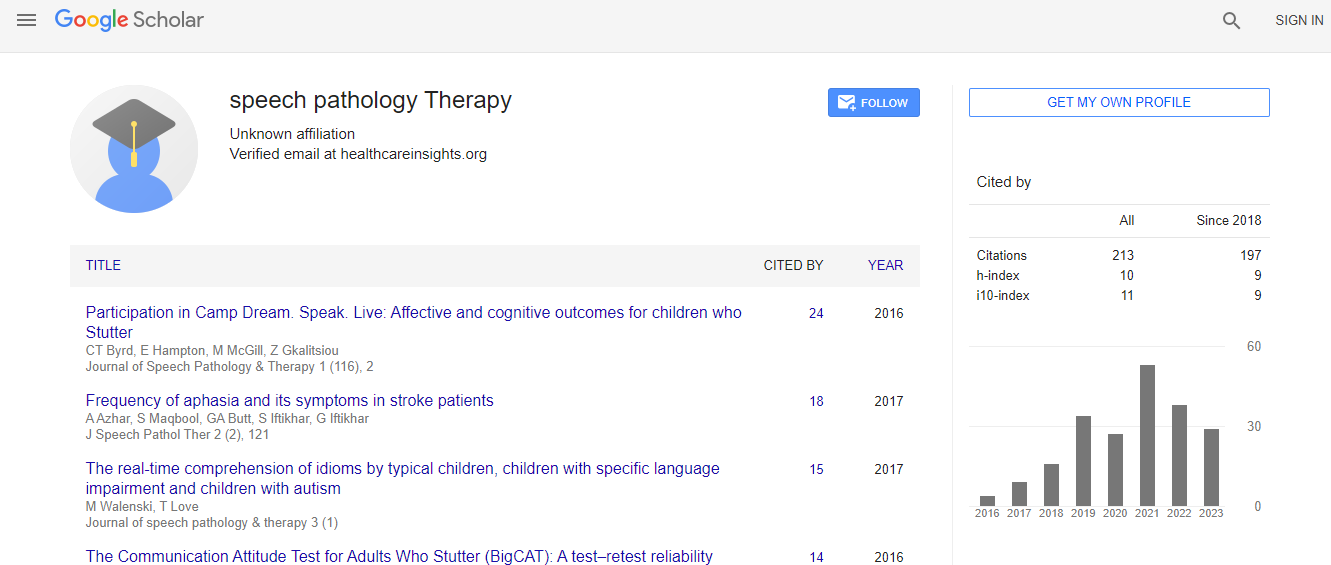Research Article
Web-based CBT for the Treatment of Selective Mutism: Results from a Pilot Randomized Controlled Trial in Singapore
Yoon Phaik Ooi1,2, Sharon C Sung2,3, Malini Raja2, Clare Kwan2, Jessie BK Koh4 and Daniel SS Fung*2,51Clinical Psychology and Psychotherapy, Department of Psychology, University of Basel, Missionsstrasse Basel, Switzerland
2Child Guidance Clinic, 3 Second Hospital Avenue, Health Promotion Board Building #03-01, Singapore
3Clinical Sciences, DUKE-NUS Graduate Medical School Singapore, 20 College Road, Level, Singapore
4Department of Psychology, University of Alberta, Canada
5Lee Kong Chian School of Medicine, Nanyang Technological University, Singapore
- *Corresponding Author:
- Daniel Fung
Child Guidance Clinic
3 Second Hospital Avenue
Health Promotion Board Building #03-01
Singapore
Email: daniel_fung@imh.com.sg
Received date: December 12, 2015; Accepted date: May 25, 2016; Published date: May 30, 2016
Citation: Ooi YP, Sung SC, Raja M, Kwan C, Koh JBK, et al. (2016) Web-based CBT for the Treatment of Selective Mutism: Results from a Pilot Randomized Controlled Trial in Singapore. J Speech Pathol Ther 1: 112. doi: 10.4172/2472-5005.1000112
Copyright: © 2016 Ooi YP, et al. This is an open-access article distributed under the terms of the Creative Commons Attribution License, which permits unrestricted use, distribution, and reproduction in any medium, provided the original author and source are credited.
Abstract
Introduction: Cognitive behavioral therapy (CBT) approaches have shown promise for some children with Selective Mutism (SM), but to date there are limited published randomized controlled trials (RCT) of CBT interventions for SM. We present findings from a pilot RCT of the Meeky Mouse program, a 14-week web-based CBT program for children with SM.
Method: A total of 21 children (6-12 years old) with a primary diagnosis of SM from a child psychiatric outpatient clinic were included in this study. They were randomly assigned to either 14 weeks of the Meeky Mouse program (n=10) or to a control condition in which they interacted with the therapist while playing computer games (n=11).
Results: No significant group differences were found on anxiety symptoms. The control group showed significant improvements from pre- to post-treatment on total frequency of speech. Children in the Meeky Mouse group showed greater improvements in clinician-rated severity of mental illness and had higher clinician-rated improvement scores relative to those in the control group.
Conclusions: Findings from our pilot RCT study suggest that the web-based CBT using anxiety management strategies may be no different from an intervention that involves regular monitoring of child’s engagement in socializing activities for improving SM symptoms. Further study is needed to determine optimal strategies for treating children with SM with the use of web-based applications.
 Spanish
Spanish  Chinese
Chinese  Russian
Russian  German
German  French
French  Japanese
Japanese  Portuguese
Portuguese  Hindi
Hindi 